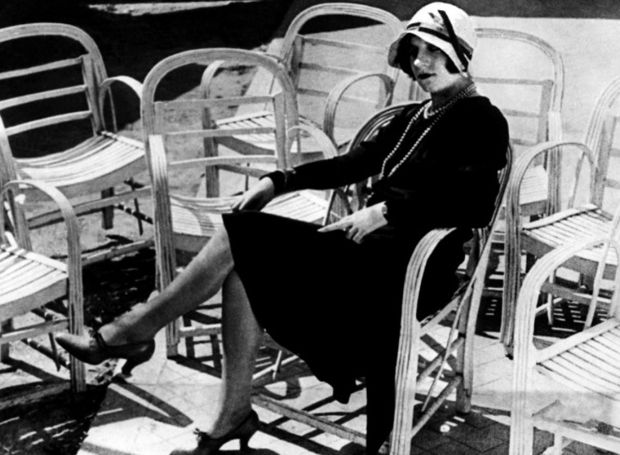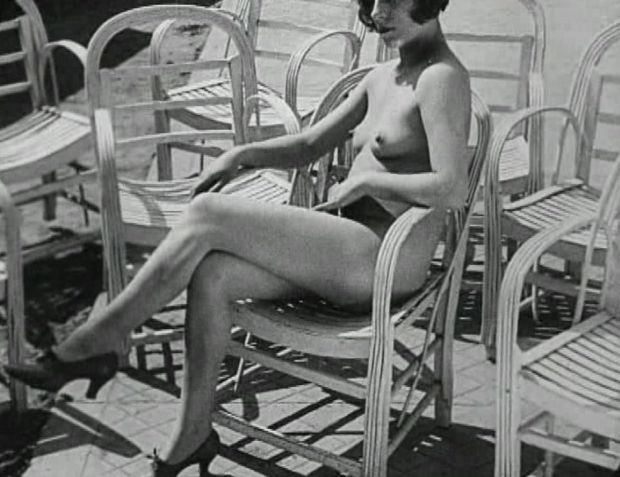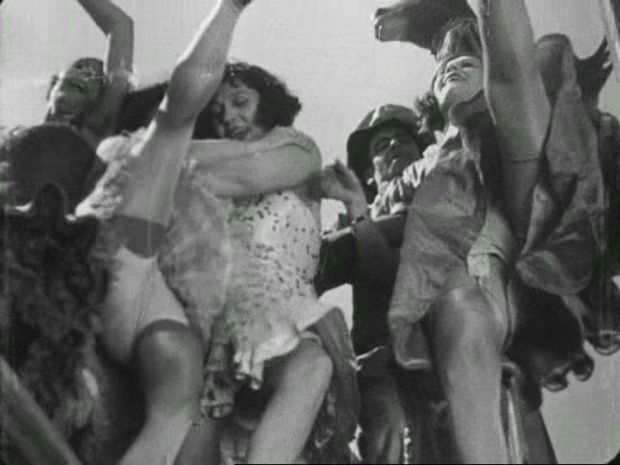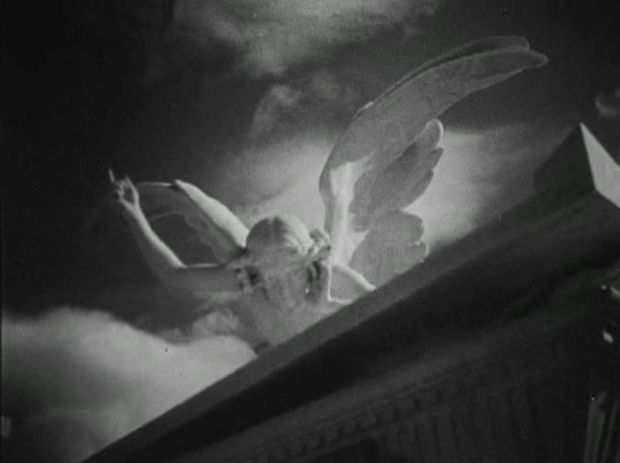
Jean Vigo's first film, the “documentary” À Propos de Nice, from 1930, can certainly be read as a social commentary — indeed, Vigo himself urged viewers to read it as a social commentary. In the French left-wing circles Vigo moved in, documentaries which offered a critique of bourgeois life or a celebration of the proletariat we're more or less de rigeur.
In fact, however, Vigo was hardly a doctrinaire leftist — he was an anarchist, who never joined the Communist party, and would have naturally opposed any system of reform whose results could be anticipated in detail. He believed that extreme freedom would create its own unforeseeable utopias.
More importantly, Vigo was primarily a visual poet. His portrait of Nice connects most directly with the works of his peers who were interested in creating documentary poems about cities, celebrating their energy in lyrical terms — another reason why À Propos de Nice resists a simple political analysis.

Yes, the film contains ironic and often unflattering images of the idle rich enjoying themselves in a bourgeois playground by the sea — but Vigo seems at least as amused and delighted by these images as appalled. They have the whimsical, endearing, even celebratory quality of Lartigue's photographs of the same class in the same sort of settings. And Vigo's images of the working-class people of Nice utterly lack the heroic quality considered appropriate by more didactic left-wing filmmakers.

Whatever he thought he was making, Vigo in fact created a unique film that celebrates life, energy, movement. It is a reflection of the joy he took in the world as it was — made poignant by his frail health, and perhaps his own sense that he wouldn't have long to enjoy that world. The film ends with images of mortality — statues in a graveyard, carnival figures consumed by flames. As it was, Vigo died at the age of 29, four years after this film was made.

Vigo said that he thought a documentary should reflect not some objective truth about things but a “documented point of view” about things. Ultimately, the documented point of view reflected by À Propos de Nice is simply joy, made sweeter by a sense of the ephemeral nature of joy. The leftist pieties on its surface dissolve into the spirit of the filmmaker — a cheerful, antic, sensual soul, amazed by the world and by what cinema could make of it.
